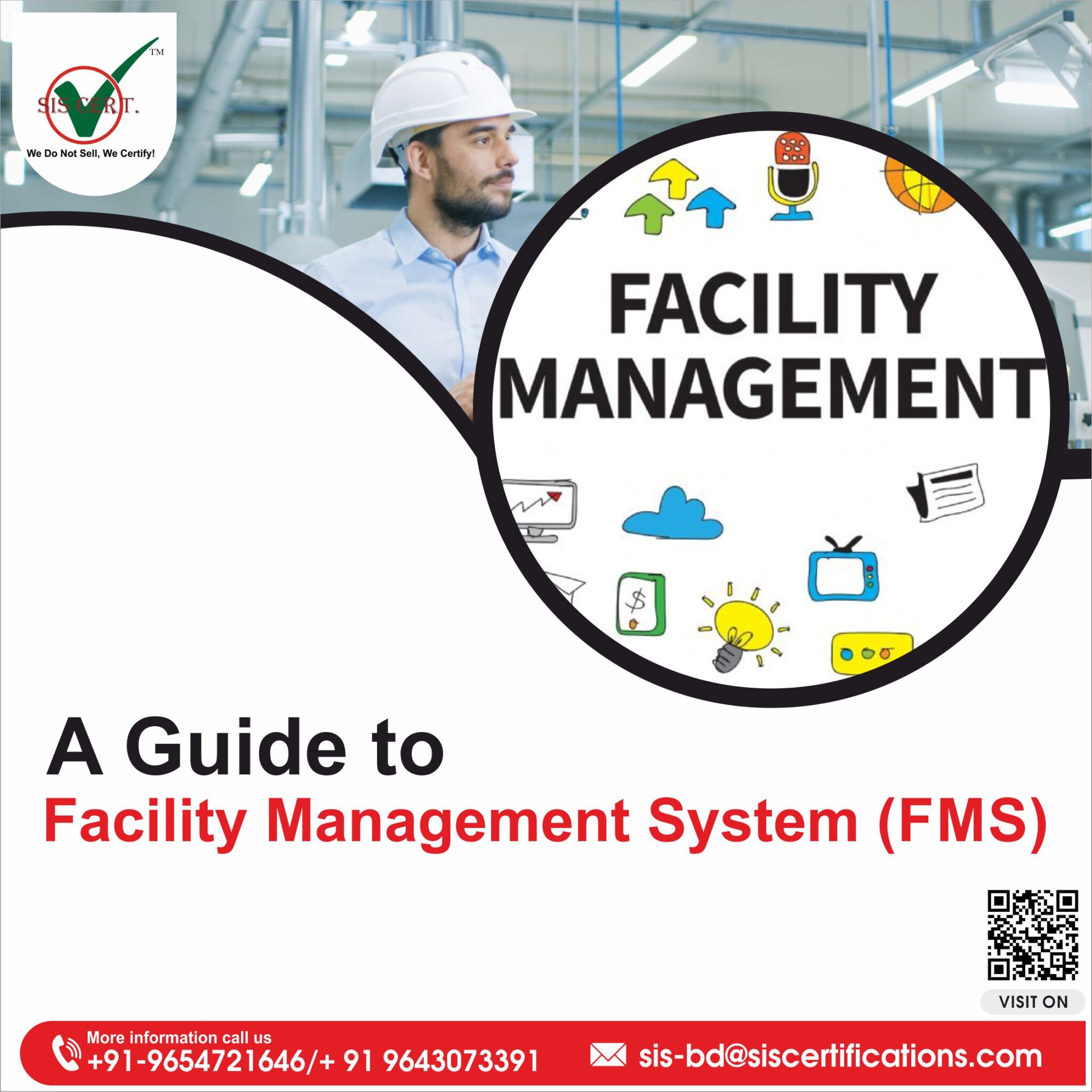How Total Facility Management Helps Businesses Enhance Operational Efficiency
How Total Facility Management Helps Businesses Enhance Operational Efficiency
Blog Article
Why Total Facility Management Is Necessary for Service Success
Total Facility Management (TFM) serves as a keystone for business success by balancing diverse operational facets such as maintenance, area utilization, and security steps. As companies browse a competitive landscape, understanding the complex benefits of TFM can be essential in driving cost effectiveness and boosting worker performance.
Comprehending Total Facility Management
Total Facility Management (TFM) encompasses a thorough strategy to taking care of a company's structures and associated solutions to make certain ideal capability, security, and efficiency. TFM incorporates numerous self-controls, consisting of maintenance, operations, area management, and security methods, to develop a cohesive structure that supports a company's core goals.
At its core, TFM intends to enhance the procedures involved in facility management, boosting and decreasing redundancies service delivery. This technique includes the control of tasks associated with home management, such as repairs, cleansing, and energy management, to cultivate an efficient environment for employees and stakeholders alike. TFM likewise emphasizes the relevance of applying finest practices and cutting-edge innovations to improve solution high quality and reduce functional costs.
By straightening facility management activities with business goals, TFM boosts overall efficiency while guaranteeing compliance with wellness, safety, and ecological guidelines. Hence, TFM serves not just as a logistical function yet likewise as a critical possession, contributing to an organization's lasting sustainability and growth.
Key Advantages of TFM
Leveraging a comprehensive strategy, organizations that implement Total Facility Management (TFM) unlock a myriad of benefits that add to overall service success. Among the main benefits of TFM is the enhancement of functional effectiveness. By consolidating facility services under a unified management structure, organizations can streamline procedures, reduce redundancies, and boost interaction throughout divisions.
In addition, TFM advertises a positive upkeep strategy, which reduces downtime and expands the lifespan of facilitiess and equipment (Total Facility Management). This positive strategy not only boosts efficiency but also promotes a more secure working setting, ultimately resulting in higher worker complete satisfaction and retention prices
Additionally, TFM helps with better resource allowance by supplying understandings into facility performance metrics. Organizations can determine locations for enhancement, enabling them to make informed decisions that align with their tactical goals.
TFM and Cost Efficiency
Accomplishing price performance is a fundamental goal for companies, and Total Facility Management (TFM) plays a pivotal role in this venture - Total Facility Management. By integrating different facility services under a single management structure, TFM enables organizations to streamline operations and lower redundancies. This alternative technique causes significant price savings, as it removes the need for numerous vendors and streamlines procurement procedures
Additionally, TFM fosters positive maintenance methods, which minimize the danger of costly repair services and downtime. By prioritizing preventative steps, companies can extend the life-span of their assets and minimize unexpected expenditures. In addition, TFM integrates power management methods, which can dramatically cut energy costs via effective source utilization.
The centralization of information and analytics within TFM allows organizations to make enlightened monetary choices. By determining trends and locations for improvement, TFM allows customized strategies that additionally enhance cost management. The scalability of TFM options makes sure that as companies expand, their facility management practices click stay effective and lined up with economic objectives.
Enhancing Employee Productivity
A well-managed facility can significantly increase staff member productivity by creating a favorable job setting. Effective Total Facility Management (TFM) ensures that all aspects of the workplace-- from illumination and temperature level to cleanliness and safety-- are optimized. When workers operate in an area that is comfy and properly maintained, they are more probable to focus on their tasks, leading to greater outcome and work fulfillment.
Additionally, TFM can improve partnership with the tactical design of communal locations, urging synergy and advancement. By purchasing the best resources and innovation, organizations can promote smooth interaction and simplify operations, additionally improving efficiency. Regular upkeep and timely responses to facility issues prevent disturbances that can or else hinder efficiency.
Furthermore, a healthy and balanced and risk-free workplace, sustained by TFM practices, lowers absence and advertises well-being, straight correlating with raised efficiency levels. Inevitably, prioritizing facility management is an investment not just in physical possessions but also in the workforce itself. By fostering a setting that sustains employee needs and preferences, businesses can grow a more involved and efficient labor force, driving total success and competitive advantage.

Future Trends in TFM
Accepting technical advancements is set to reshape the landscape of Total Facility Management (TFM) in the coming years. As the demand for efficiency and sustainability increases, TFM will increasingly embrace wise building technologies, integrating Internet of Things (IoT) devices to keep track of and handle facility operations in real-time. This shift will enable proactive maintenance, considerably decreasing operational costs and enhancing service delivery.

Sustainability remains a crucial emphasis, with TFM specialists anticipated to focus on green methods. This consists of making use of renewable resource resources and optimizing waste management systems to lower the carbon impact of facilitiess.
Remote management capacities will certainly likewise be increased, allowing facility supervisors to look after operations from essentially anywhere. This adaptability will come to be important as companies adapt to hybrid job versions. In summary, the future of TFM is positioned for change via innovation, sustainability, and improved functional techniques, ensuring companies continue to be affordable in an evolving landscape.
Conclusion
By integrating Find Out More different functional features, TFM enhances efficiency and lines up facility management with organizational goals. As services significantly adopt ingenious modern technologies and lasting techniques, the importance of TFM will certainly proceed to expand, guaranteeing long-term operational effectiveness and competitiveness in an advancing marketplace.

Report this page